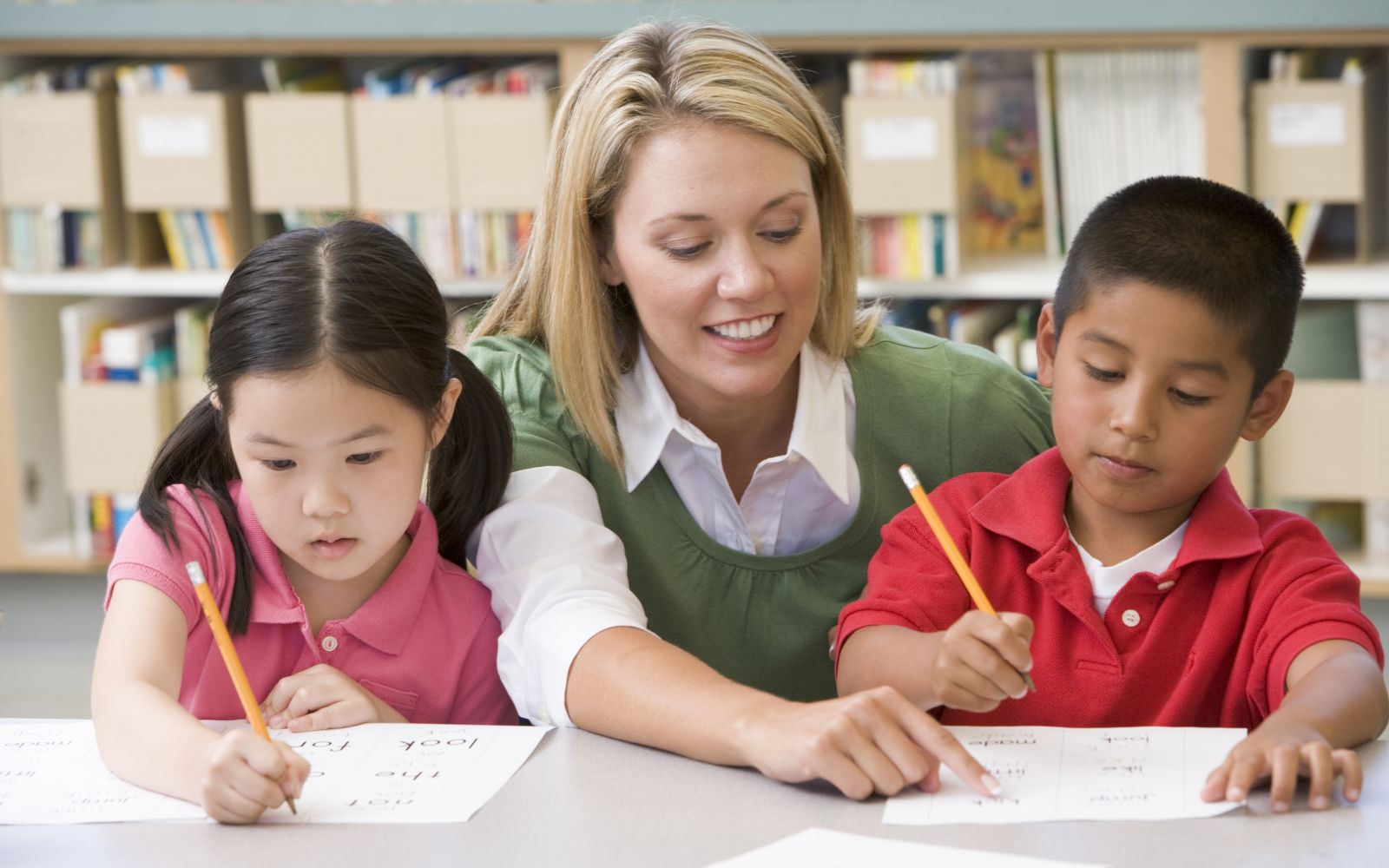Social abilities are key to healthy conversation, building relationships, and emotional development. Teaching social talents to kindergarteners facilitates them to learn how to proportion, cooperate, and expand friendships. These classes are vital for youngsters as they shape how they interact with others and manage their emotions.
KeyTakeaways:
- Teaching social skills helps kindergarteners share, cooperate, and express emotions.
- Key skills include sharing, listening, using manners, and teamwork.
- Fun activities like role-playing and storytelling make learning engaging.
- Patience, positive reinforcement, and a safe space support learning.
- Tools like timers and buddies help overcome challenges like shyness.
Why Are Social Skills Important in Kindergarten?
- Confidence in Social Interactions: When children have correct social competencies, they experience extra snug speaking to their friends and teachers. They can explicit themselves sincerely and with a bit of luck in different situations.
- Conflict Resolution and Emotional Control: Social competencies educate children on how to solve conflicts peacefully and apprehend their emotions. They discover ways to stay calm and resolve issues with others, making social interactions smoother.
- Teamwork and Cooperation: Learning to work in a collection is a large part of kindergarten. Social skills assist kids in collaborating, percentage ideas, and helping every other in group sports.
- Academic and Social Success: Children with top social abilities have a tendency to perform better in college due to the truth they are able to talk nicely with teachers and classmates. These talents moreover assist youngsters to form lasting friendships, which might be critical for emotional well-being.
Fun Facts About Social Skills
- 80% of children with strong social skills do higher in academics because they recognize a way to interact positively with instructors and classmates.
- 90% of instructors agree that social competencies are simply as crucial as academic abilities for kindergarteners. Children need to increase these talents to be triumphant inside and outside the lecture room.
Key Social Skills to Teach in Kindergarten
Five key social skills are essential for kindergarteners. These skills help them build positive relationships with peers, teachers, and family members.
1. Sharing and Taking Turns
Sharing and taking turns teach children the fee of considering others’ desires. Instead of grabbing toys or refusing to share, youngsters discover ways to look ahead to their turn and give others a danger. It also facilitates saving you from selfish behaviors and promotes kindness. It’s crucial to introduce this talent early on as it sets the muse for teamwork and fairness in destiny social situations.
2. Listening to Others
Listening is just as important as speakme. When youngsters discover ways to pay attention carefully, they recognize what others are announcing and may reply correctly. This helps them connect to their peers, make pals, and display admire. Active listening additionally allows with following guidelines in class and tasty in conversations.
3. Using Manners
Using polite phrases like “please,” “thanks,” and “excuse me” indicates kindness and respect to others. Children who exercise accurate manners not simplest feel higher approximately themselves but also make others sense preferred and valued. These simple words assist create a superb surroundings inside the lecture room and at home.
4. Cooperating in Groups
Cooperation is important for teamwork. In kindergarten, kids are regularly requested to work together in pairs or corporations, whether it is for an artwork task, a recreation, or fixing a puzzle. Learning how to cooperate teaches them to percentage obligations, listen to extraordinary ideas, and compromise. These talents are important for academic success and constructing friendships.
5. Expressing Emotions
Learning how to express feelings in a healthy way is an essential social capacity. Children need to understand their emotions, whether or not or now not they’re glad, sad, irritated, or excited, and apprehend the way to explicit them appropriately. This talent facilitates kids to explicit their needs and feelings without causing confusion or frustration.
Fun Activities to Teach Social Skills
1. Role-Playing Games
Role-gambling games are an incredible way for kids to practice actual lifestyles and social conditions. Children can act out numerous situations like sharing toys, inquiring for help, or resolving conflicts with a chum. This activity also works well for Social Skills Activities for High School Students,, where teens can act out more complex social interactions such as handling peer pressure or navigating group dynamics.
2. Storytelling
Reading tales is an effective manner to train social talents. Choose books that focus on kindness, friendship, and sharing. After analyzing, discuss the characters’ moves and the way they treated special conditions. Ask questions like, “What did the person do when they desired to proportion their toy?” or “How did the man or woman sense when their friend turned into a type to them?” Storytelling allows youngsters to see how social skills are used in actual-life situations and makes it simpler for them to apply those instructions.
3. Interactive Social Skills Apps
Apps like Breathe, Think, Do with Sesame offer interactive games that help children manage frustration and learn problem-solving skills in a fun way. These apps guide kids through scenarios where they can practice calming down and thinking before reacting.
Other apps, such as Emotionary and The Zones of Regulation, focus on teaching emotional awareness and empathy. Through engaging activities and colorful visuals, children learn to understand their feelings and develop essential social skills.
4. Group Art Projects
Collaborative artwork activities like creating a mural, drawing a group photo or running collectively on a craft project assist children to practice cooperation and teamwork. These sports encourage youngsters to share materials, take turns, and paint together to attain a common goal. By participating, youngsters construct acceptance as true with their classmates and discover ways to compromise and assist each other.
5. Enhance Learning:
To similarly gauge your toddler’s social development, you can explore an interactive social skills quiz. It’s a fantastic way to tune development and identify areas to recognize.
Sample Lesson Plan
Here is an example of a lesson plan to teach the important skill of sharing:
| Lesson Element | Details |
| Objective | Teach kids how to share and take turns. |
| Materials Needed | Toys, a timer, and storybooks about sharing. |
| Activity Steps | 1. Read a story about sharing. |
| 2. Play a sharing game with toys. | |
| 3. Talk about how sharing made them feel. |
Also Check: Social Activities For Kids With Autism
Tips for Effective Social Skills Lessons
Teaching social talents requires patience, understanding, and consistency. Here are some tips to make your instructions extra effective:
1. Be Patient
Learning social skills takes time, and every child learns at their own pace. Be patient and celebrate small successes. Instead of focusing on perfection, encourage children to keep improving.
2. Model Good Behavior
Children analyze by watching adults. Show them a way to behave in social situations by way of the use of excellent manners, taking note of others, and resolving conflicts peacefully. When children see those behaviors modeled by means of teachers and caregivers, they’re much more likely to practice them themselves.
3. Use Positive Reinforcement
Praise children when they demonstrate good social skills. Positive reinforcement motivates youngsters to continue working towards these behaviors. For instance, if a child stocks their toy with a chum, you may say, “Great task sharing together with your friend! That was very kind.”
4. Create a Safe Environment
Make sure the study room or gain knowledge of the area feels safe and welcoming. Children should feel comfortable expressing their feelings, soliciting for assist, and making mistakes. When children feel secure, they’re much more likely to open up and exercise their social abilities.
5. Practice Regularly
Social talents must be practiced every day. Encourage kids to apply their abilities all through playtime, organization activities, or everyday conversations. The more children exercise, the more herbal those abilities become.
Common Challenges and How to Overcome Them
While teaching social abilities is vital, there may be challenges along the way. Here are some common problems and solutions:
Shyness
- Solution: Pair shy children with a buddy to help them feel more comfortable and self-confident. Having a supportive partner can make social interactions less intimidating.
Difficulty Sharing
- Solution: Use a timer during activities to ensure everyone gets a turn. When children know that everyone will have a chance to play, they may feel more comfortable sharing.
Interrupting Others
- Solution: Teach children to wait their turn by raising their hands or using a “talking stick.” This helps children learn patience and respectful communication.
Frequently Asked Questions (FAQs)
Q: How to teach a child social skills?
Teach social competencies via amusing activities like position-playing, storytelling, and organization games. Show proper conduct yourself and praise your child when they practice kindness and cooperation.
Q: What activities promote social skills?
Activities like sharing video games, organization art initiatives, and emotion-matching video games assist kids learn teamwork, communique, and information emotions.
Q: Why are social skills important in kindergarten?
Social abilities assist kids make buddies, working in organizations, and speaking highly with teachers and classmates. They also build self-belief and improve emotional manipulation.
Final Thoughts
Teaching social skills in kindergarten is important for youngsters’s emotional and social boom. These competencies assist children in constructing strong relationships, speaking correctly, and understanding their feelings. By using amusing sports, offering praise, and being patient, instructors and caregivers can assist youngsters develop the capabilities they want for a satisfied and successful destiny. Social abilities training lays the muse for educational achievement and lasting friendships, setting children up for a bright tomorrow.


1 thought on “Kindergarten Social Skills Lessons”